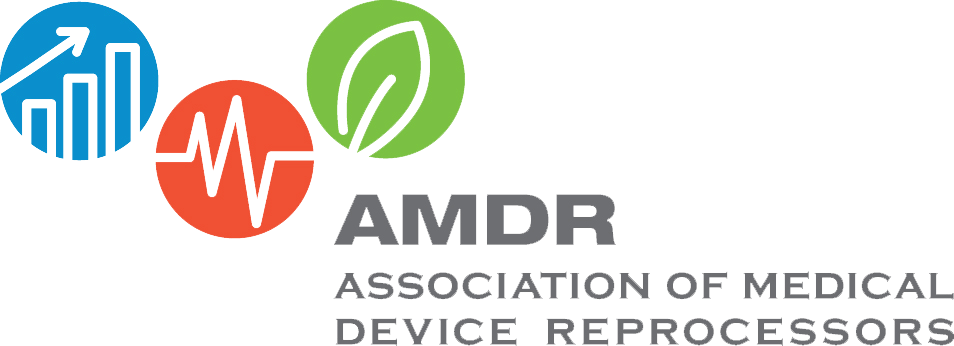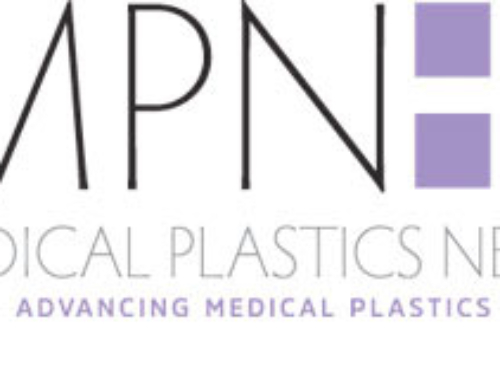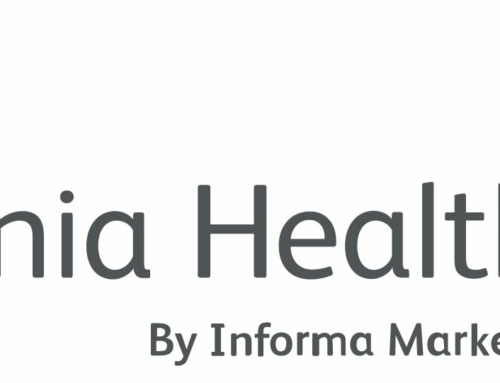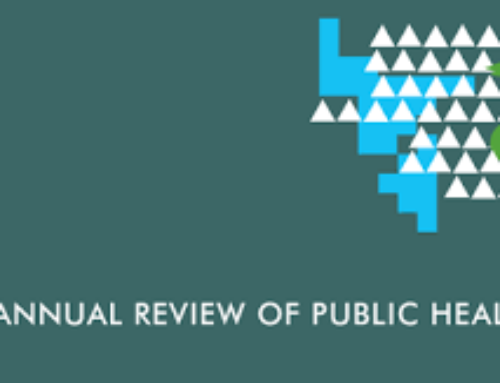Dear Dr. Beckham:
The Association of Medical Device Reprocessors (AMDR) sincerely thanks FDA for
including the medical device reprocessing industry as a collaborator in the above noted
FDA workshop. We further appreciate the opportunity to submit these comments to the
associated docket.
AMDR is the global trade association representing the interests of regulated, commercial
medical device reprocessing companies. Our members reprocess “single-use” medical
devices (SUDs) and are regulated by FDA and similar regulatory authorities abroad. In
2020, our members reprocessed over 31.6 million devices for over 10,300 healthcare
facilities in 13 countries.1 AMDR members provide a safe, regulated, sustainable solution
that reduces Scope 3 (supply chain) emissions, which account for 82% of all greenhouse
gas emissions from the health sector. The first of several anticipated life cycle
assessments showed that a reprocessed EP catheter cut greenhouse gas emissions in half
compared to using original devices with each patient.
Use of commercially reprocessed SUDs improves supply chain resilience by reducing
reliance on imports of new equipment because the practice keeps existing devices in
circulation longer. Reprocessing is conducted more locally, further reducing dependence
on foreign manufacturing as hospitals can have their existing medical device assets
reprocessed. The availability of reprocessed devices improves resilience by supplying an
alternative to new devices in situations with supply chain disruptions or shortages,
particularly for “chipped” laparoscopic surgical and diagnostic cardiovascular devices for
which there are current shortages. Multi-sourcing of needed medical devices further
builds resilience and reliability to healthcare practitioners. SUD reprocessors, in
essence, become a second supplier source, reducing risks of device shortages due to
supply chain disruptions. Furthermore, reprocessed devices typically cost 25 to 40% less
than original devices, resulting in nearly $438M in savings to hospitals in 2020. . .









